 Congratulations to FHSS’s Dr. Pramod Regmi on the publication of his recent qualitative paper ‘Parents’ and teachers’ perspectives on children’s sexual health education: a qualitative study in Makwanpur Nepal’ [1]. The paper is co-authored by colleagues from Aberystwyth University.
Congratulations to FHSS’s Dr. Pramod Regmi on the publication of his recent qualitative paper ‘Parents’ and teachers’ perspectives on children’s sexual health education: a qualitative study in Makwanpur Nepal’ [1]. The paper is co-authored by colleagues from Aberystwyth University.
This academic paper in an Open-Access journal, hence freely available to researchers, policy-makers, teachers, etc. in Nepal and elsewhere in the world. This Health Prospect publication is the latest in a series of publications focusing on sex education and sexual health in Nepal by Dr. Regmi [see 2-10].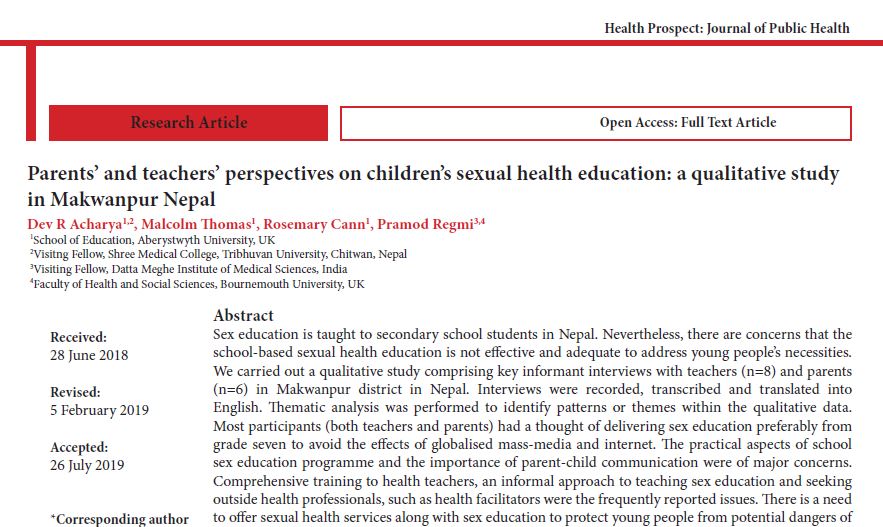
Well done!
Prof. Edwin van Teijlingen
Centre for Midwifery, Maternal & Perinatal Health (CMMPH)
References:
- Acharya, DR, Thomas, M., Cann, R., Regmi, P.R., 2019. Parents’ and teachers’ perspectives on children’s sexual health education: a qualitative study in Makwanpur Nepal Health Prospect, 18(2): 1-6.
- Simkhada, P., van Teijlingen, E., Regmi, P., Bhatta, P., Ingham, R., Stone, N., 2015. Sexual health knowledge and risky sexual behaviour of Nepalese trekking guides. Journal of Manmohan Memorial Institute of Health Sciences, 1 (4), 35-42.
- Acharya, D., Regmi, P., Simkhada, P., van Teijlingen, E., 2015. Modernisation and changes in attitudes towards sex and relationships in young people. In Wasti, S., Simkhada, P., van Teijlingen, E. (Eds.) The Dynamics in Health in Nepal, Kathmandu, Nepal: Social Science Baha: 63-94.
- Regmi, P., Simkhada, P., van Teijlingen, E ., 2011. Dating and sex among emerging adults in Nepal. Journal of Adolescent Research, 26 (6), 675-700.
- Regmi, P., Simkhada, P., van Teijlingen, E., 2010. ‘…Boys remain prestigious, girls become prostitutes’: Socio-cultural context of relationships and sex among young people in Nepal. Global Journal of Health Science, 2 (1), 60-72.
- Simkhada, P., van Teijlingen, E., Regmi, P., Bhatta, P., 2010. Sexual relationship and condom use among male trekking guides in Nepal: A qualitative study. Culture Health & Sexuality, 12 (1), 45-58.
- Regmi, P., Simkhada P., van Teijlingen, E., 2010. ‘…There are too many naked pictures found on the net’: Factors encouraging premarital sex among young people in Nepal. Health Science Journal, 4 (3), 169-181.
- Regmi, P., Simkhada, P., Acharya, D., van Teijlingen, E., 2010. Barriers to sexual health services for young people in Nepal. Journal of Health, Population and Nutrition, 28 (6), 619-627.
- Upreti, D., Regmi, P., Pant, P., Simkhada, P., 2009 Knowledge, attitude towards HIV and AIDS among Nepalese young people: A systematic review. Kathmandu University Medical Journal, 7(4), 383-391.
- Regmi, P., Simkhada, P., van Teijlingen, E., 2008. Sexual and reproductive health status among young people in Nepal: opportunities and barriers for sexual health education and services utilisation. Kathmandu University Medical Journal, 6(2), 245-256.
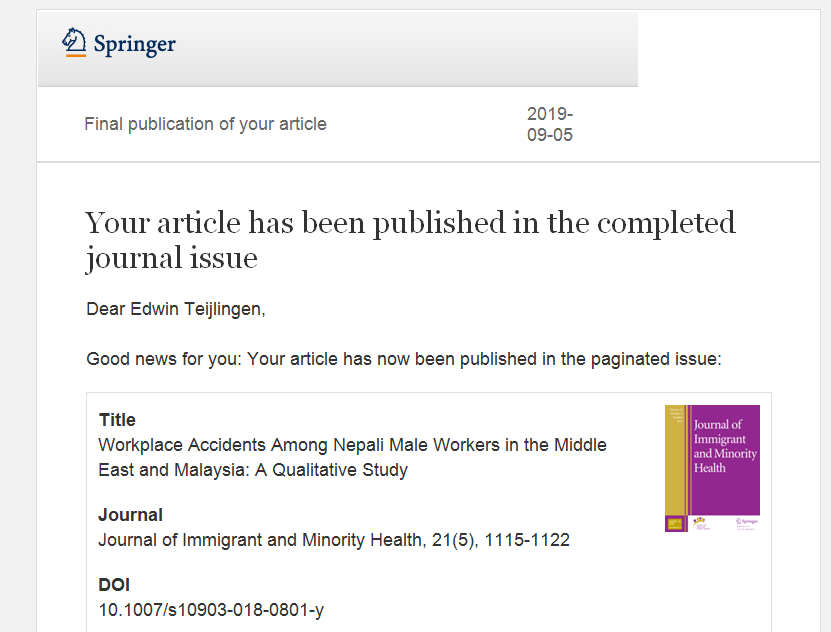
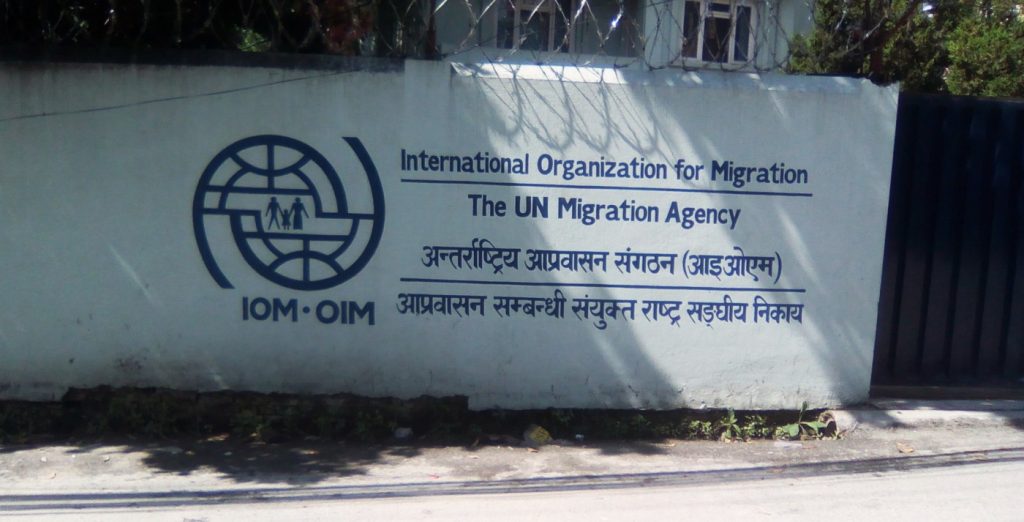

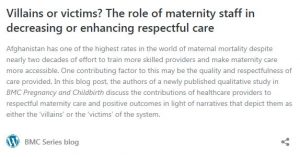
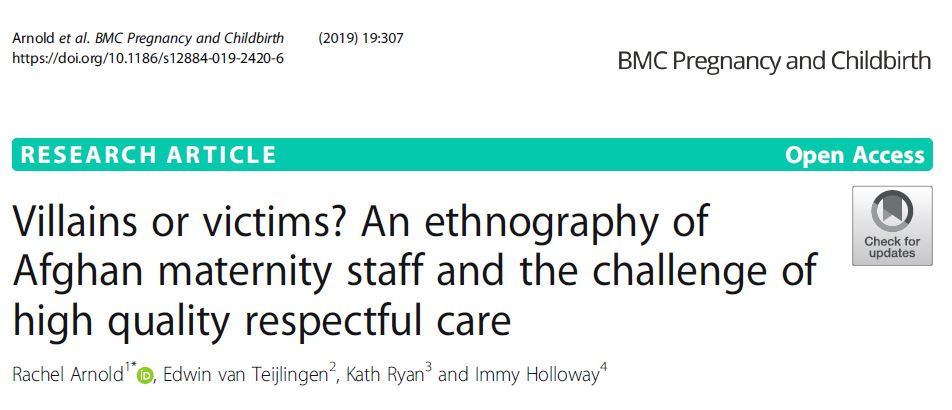
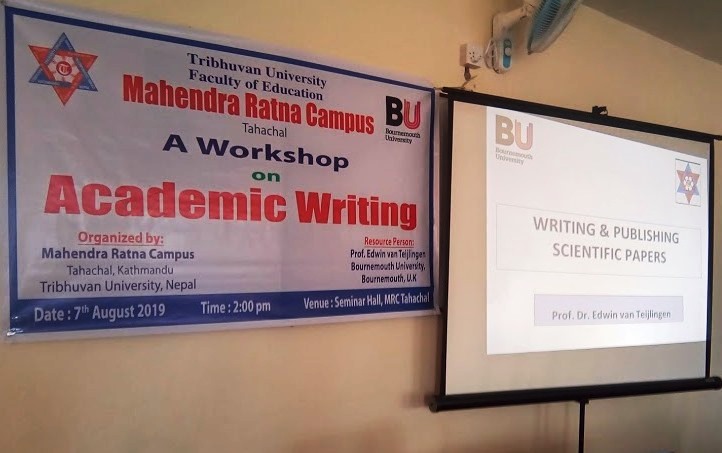

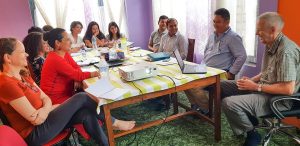

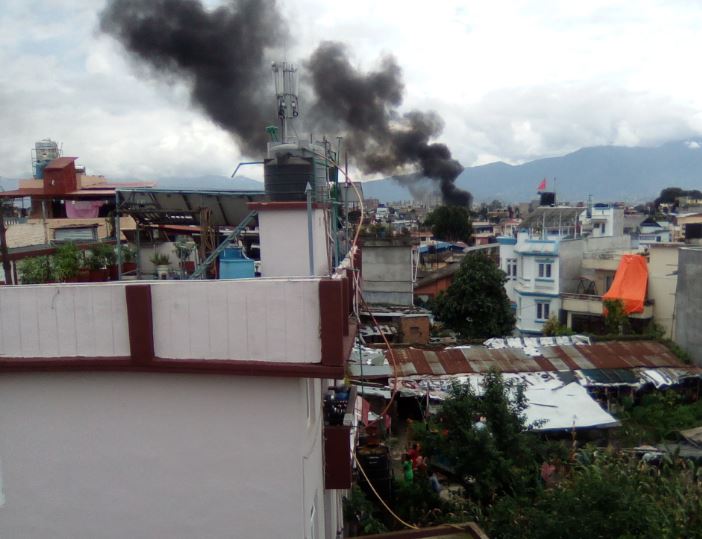

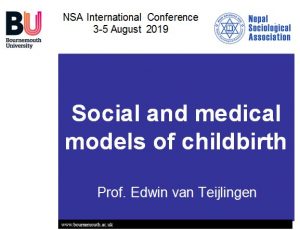
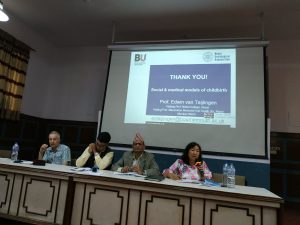
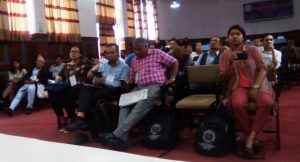
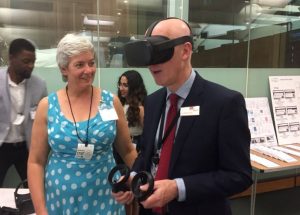



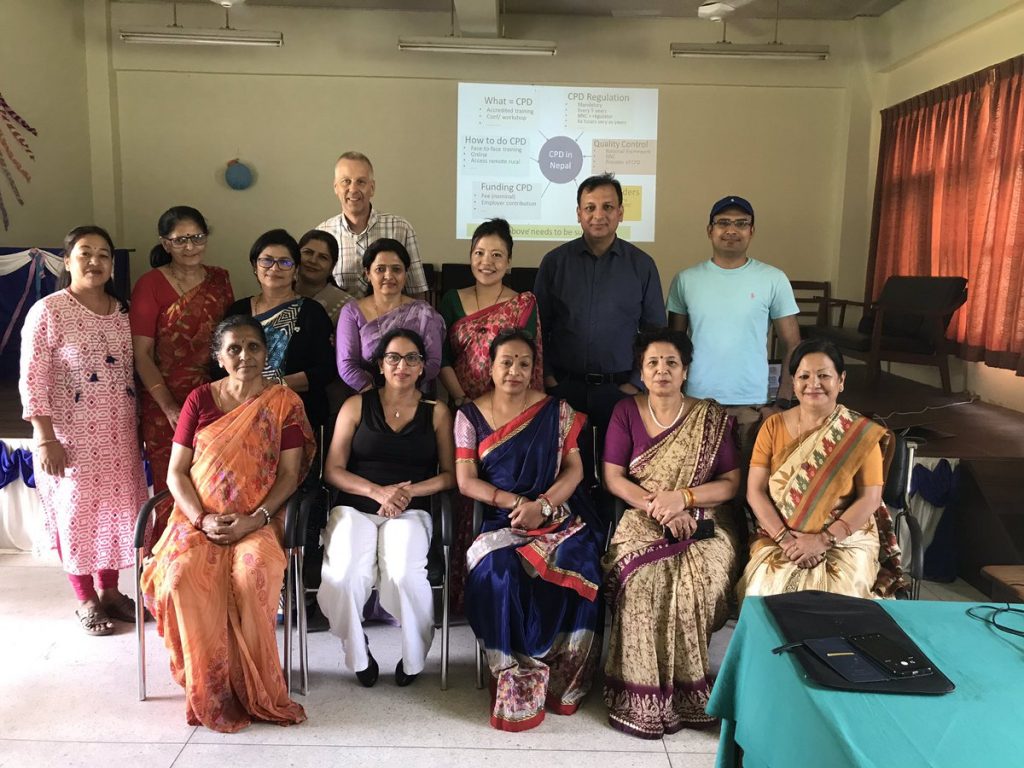
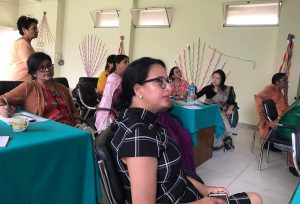




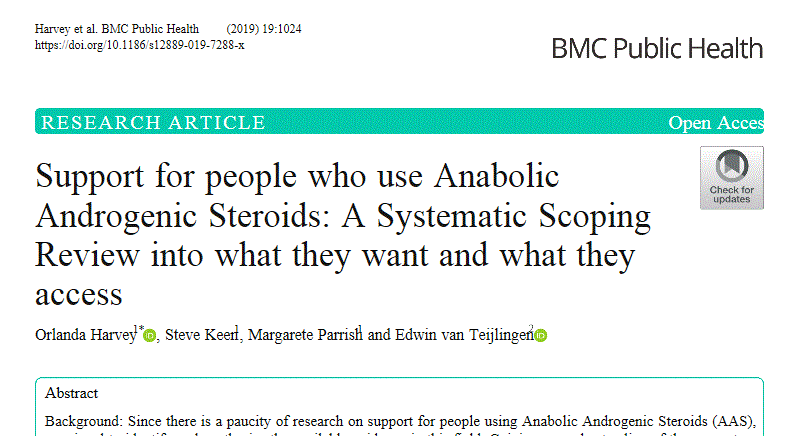
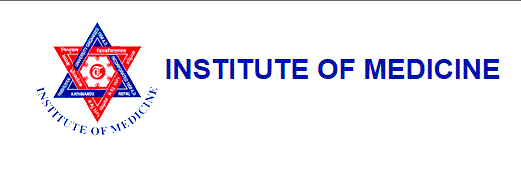
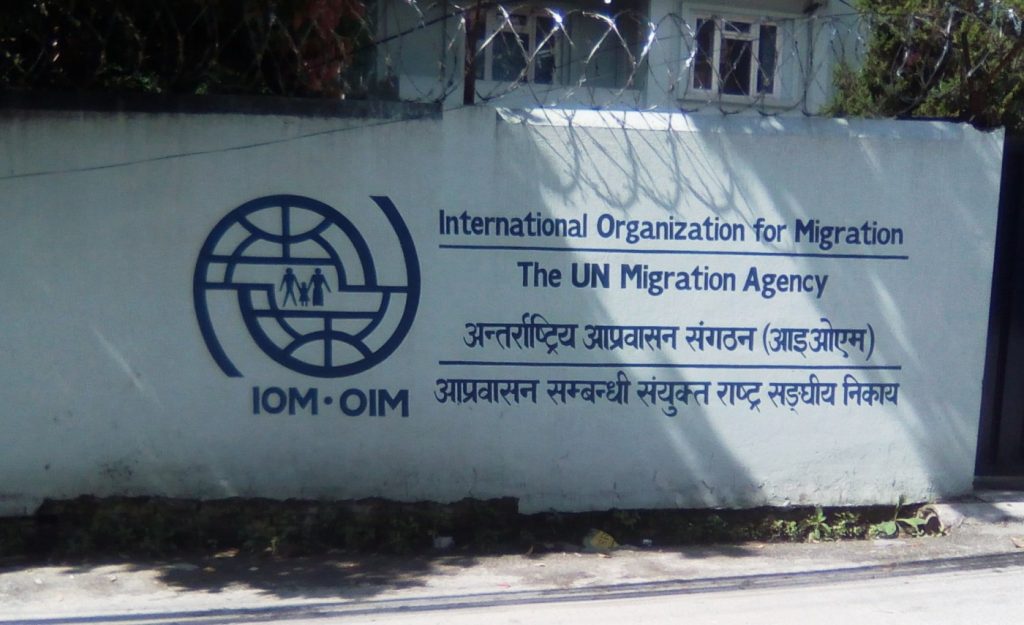

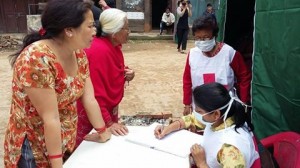
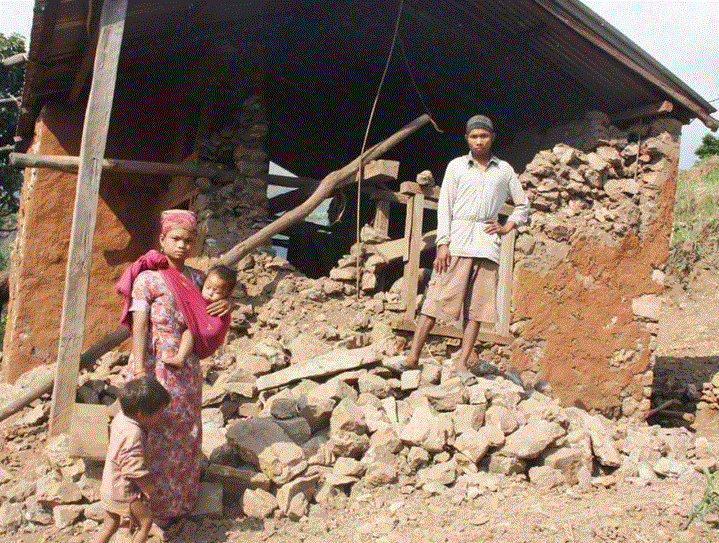
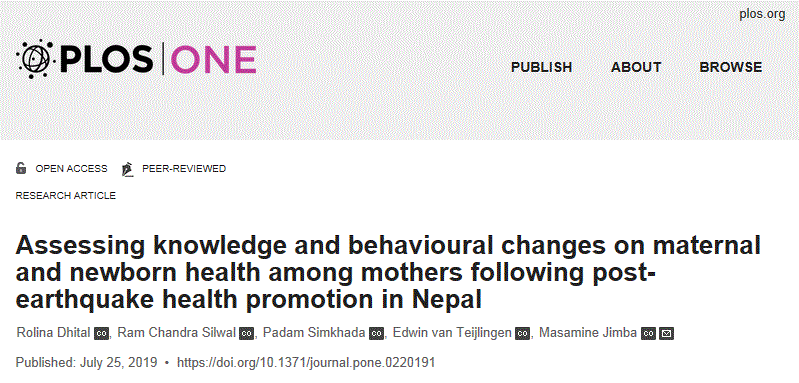



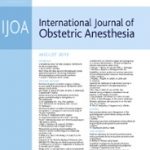

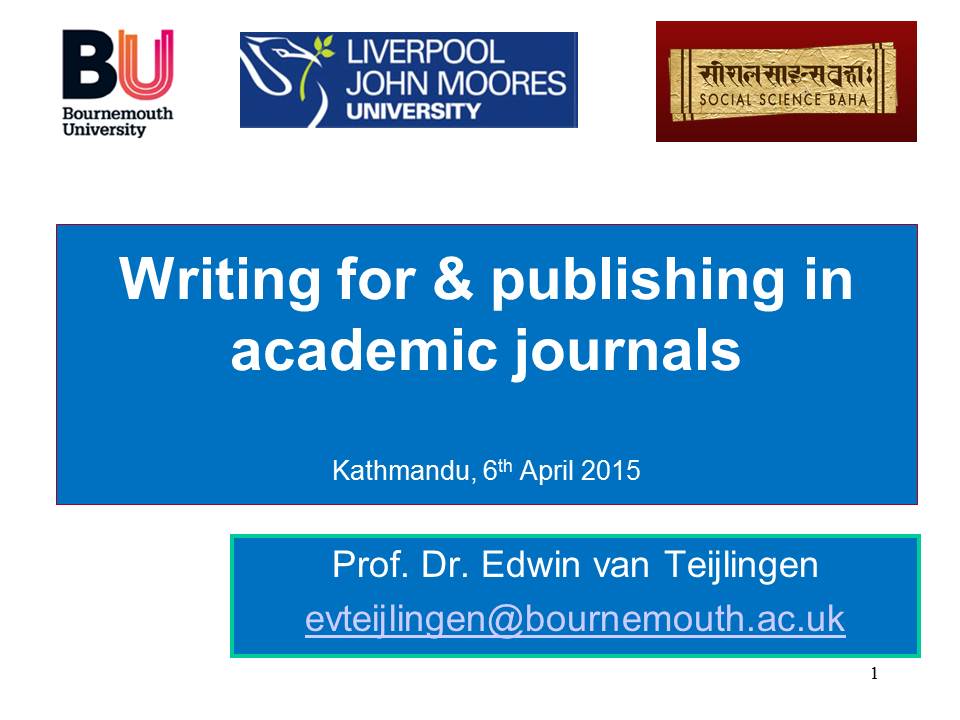



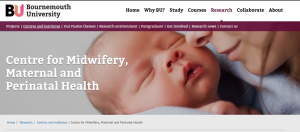

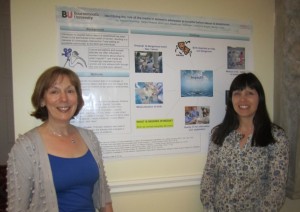
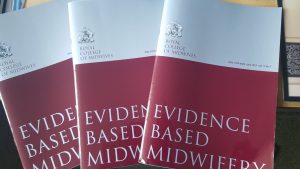











 Beyond Academia: Exploring Career Options for Early Career Researchers – Online Workshop
Beyond Academia: Exploring Career Options for Early Career Researchers – Online Workshop UKCGE Recognised Research Supervision Programme: Deadline Approaching
UKCGE Recognised Research Supervision Programme: Deadline Approaching SPROUT: From Sustainable Research to Sustainable Research Lives
SPROUT: From Sustainable Research to Sustainable Research Lives BRIAN upgrade and new look
BRIAN upgrade and new look Seeing the fruits of your labour in Bangladesh
Seeing the fruits of your labour in Bangladesh ECR Funding Open Call: Research Culture & Community Grant – Apply now
ECR Funding Open Call: Research Culture & Community Grant – Apply now ECR Funding Open Call: Research Culture & Community Grant – Application Deadline Friday 12 December
ECR Funding Open Call: Research Culture & Community Grant – Application Deadline Friday 12 December MSCA Postdoctoral Fellowships 2025 Call
MSCA Postdoctoral Fellowships 2025 Call ERC Advanced Grant 2025 Webinar
ERC Advanced Grant 2025 Webinar Update on UKRO services
Update on UKRO services European research project exploring use of ‘virtual twins’ to better manage metabolic associated fatty liver disease
European research project exploring use of ‘virtual twins’ to better manage metabolic associated fatty liver disease